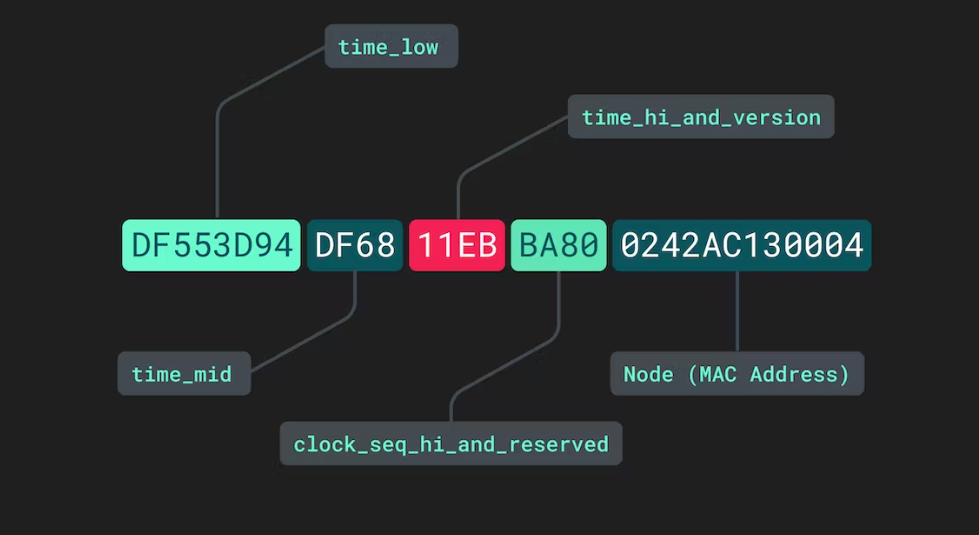What are the benefits of using a UUID as the main key instead of id?

The id column is the primary method of record identification in any database. Most databases are set up to automatically produce a numeric id, often beginning with 1 and increasing by 1 with each new record. However, a UUID is not the only choice for id fields (universally unique identifier).
Just what is a UUID?
Universally Unique Identifiers (UUIDs) are 128-bit numbers used for this purpose. A UUID is guaranteed to be unique, while an id can be reused. In other words, it is ideally suited to serve as the principal key.
Why, exactly, would you choose a UUID over a numeric id as your database's primary key? Several of these reasons:
Comparing UUID vs ID1: Securing Your Data Using a Numeric ID Can Be Difficult If Your Database Is Publicly Accessible. Because of this, potentially sensitive information may get into the wrong hands. In contrast, it is extremely difficult, if not impossible, to estimate the ids of other records when using a UUID.
Scalability 2: If you use a numeric identifier and your database grows to a significant size, you will eventually run out of unique identifiers to assign to records. It's quite improbable that you'll ever need more than the approximately 3.4 x 1038 (or 340 undecillion) possible numbers that a UUID may create.
Third, utilizing a numeric id can be problematic with a clustered database, which stores data across numerous servers. Because each server has its own set of unique identifiers, there is always a chance that an already-existing id will be overwritten if you try to insert a record from one server into another. In contrast, duplicates are impossible with UUIDs because each server can provide its own random values.
4. Portability: Using a numeric id can be problematic if you ever need to move your database from one platform to another (such from MySQL to PostgreSQL). This is due to the fact that it's possible the two platforms' id values won't mesh (e.g. MySQL uses signed integers while PostgreSQL uses bigints). UUIDs, however, will work across all systems because they are stored as strings.
5. Mergeability: Using numeric identifiers can cause issues when trying to merge two databases together (for instance, when merging two firms). The reason for this is that combining databases poses a risk of combining records from both databases that share the same id. However, this cannot happen with UUIDs because the likelihood of two records sharing the same UUID is extremely small.
However, there are a couple limitations to using UUIDs:
Since UUIDs are often longer than numeric ids, they demand more room in the database. If you have a lot of records or if you don't have a lot of space, this could be an issue.
Second, there is a higher demand on processing power because algorithms are typically used to produce UUIDs, and these algorithms can be quite time-consuming to operate. When you need to create a big number of UUIDs quickly, this can be an issue.
Generation: A random number generator is required for UUID generation. This can be a problem if the server you're using to generate UUIDs doesn't have access to a reliable source of randomness (like Linux's /dev/random).
Utilizing a UUID as the primary key offers more advantages than disadvantages. UUIDs offer improved safety, scalability, and portability over other approaches.




